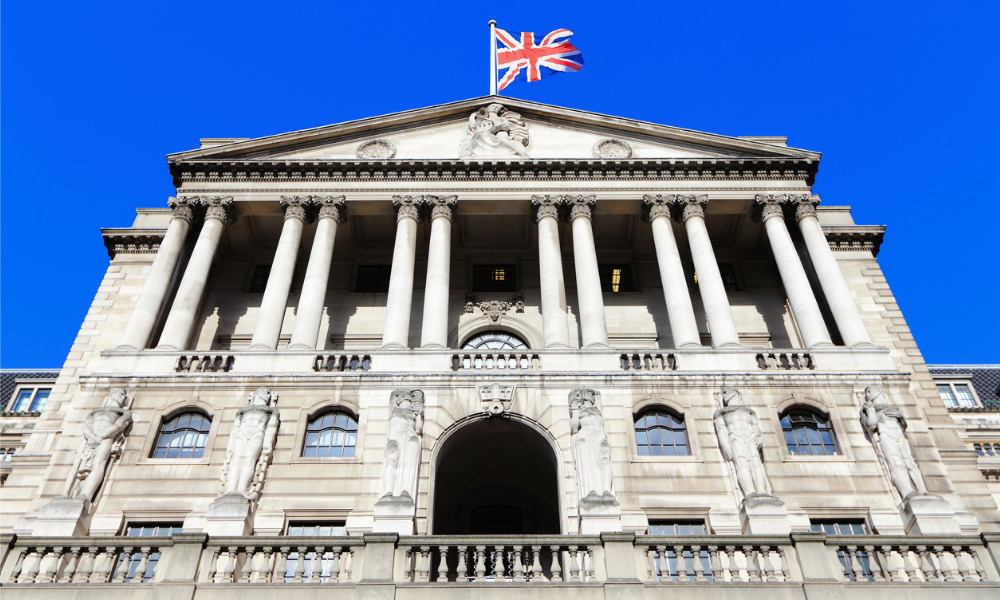BoE voted to increase rate to 0.75% in March

Bank of England (BoE) base rate increases should come as no surprise to brokers or the wider market generally, according to Gerard Boon, managing partner at Boon Brokers.
“Considering the increasing inflationary pressures on the economy, which is disturbing all markets across the UK, the BoE’s Monetary Policy Committee (MPC) had little choice but to increase their base rate,” Boon said.
The bank’s MPC voted to increase the bank rate by 0.25 percentage points, from 0.5% to 0.75% in March. This rise was designed to counter an expected global surge in inflation caused by rising fuel prices as a consequence of Russia’s war in Ukraine.
The increase was the third in a row since December, when the MPC elected to up rates from 0.1% to 0.25%, and then from 0.25% to 0.5% in February.
Read more: Bank of England announces interest rate hike – reaction pours in
Boon explained that by increasing its base rate, the hope is that this will directly reduce aggregate demand in the UK economy enough so that the inflation rate meets the BoE’s target. The BoE has confirmed that its inflation target is 2%, which is far lower than the current inflation rate of over 6%.
The rate of inflation, which had already reached its highest level for almost 30 years in January at 5.5%, is expected by the bank to hit 7.25% in April. This is because energy bills are expected to rise by an average of almost £700 to account for unprecedented increases in wholesale gas costs.
The price cap had previously been limiting the rates a supplier could charge for its default tariffs.
Read more: BoE’s remit is to maintain inflation close to 2%
“As we know from basic economics, having minimal inflation in a market is far preferable to deflation,” Boon said. This is because with deflation, markets typically stagnate as parties wait for prices to fall to their lowest point.
Boon explained that this delay period causes markets to collapse if deflation continues for too long.
However, he outlined that hyperinflation is the other extreme, which is also disastrous for economies.
“As we have seen with the famous example of Venezuela’s hyperinflation, many markets collapsed as industries were unsure of how to competitively price their goods and services, which were changing all the time,” he said.
He went on to say that this directly caused an unemployment crisis, which led to significant increases in violence and political unrest. At the end of 2021, Venezuela’s inflation rate finished at 686.4%.
The Monetary Policy Committee has confirmed that it will conduct a review of its base rate again in late April/early May.
“At Boon Brokers, our researchers believe that this will not be the end of the BoE base rate increases,” said Boon. He went on to add that he believes it is highly likely the base rate will increase again, due to the significant inflationary pressure possibly plateauing at 1.5% to 2%.
As a result of the likelihood of an increase to the base rate, Boon said he advises all mortgage clients to seriously consider their mortgage options and to consult with their broker.
“For those on variable rate mortgage products with no early repayment charges, now is a good time to consider alternative products,” he concluded.



